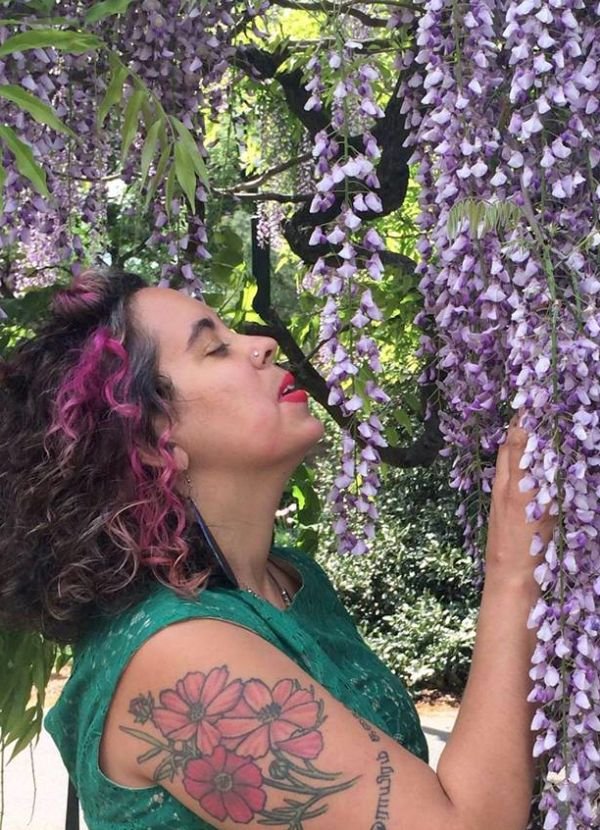No Body Left Behind: The Art and Practice of Disability Justice

Time: Feb. 8, 2018, 12:30 p.m. - 1:50 p.m.
Location: 319 Sims Hall

Part of the Syracuse Symposium series.
Leah Lakshmi Piepzna-Samarasinha (Toronto/Oakland)
Participants in this workshop will learn about disability justice - a movement building framework centering the leadership of Black and brown, queer and trans and other disabled folks marginalized within mainstream movements. Piepzna-Samarasinha talks about disability and accessibility in communities and movements, examines performance and writings by disabled queer and/or people of color artists, shares and builds concrete tools to create spaces that center disabled genius and access.
ASL will be provided at this workshop. Please RSVP to Mike Gill by January 31 and include requests for other accessibility accommodations.
Participants should refrain from wearing perfume, cologne, essential oils or other products with fragrance.
BIOGRAPHY: Leah Lakshmi Piepzna-Samarasinha is a queer femme sick and disabled Sri Lankan/ Irish/Roma writer, educator and disability and transformative justice organizer. The Lambda and ALA Stonewall Award winning author of Dirty River, Bodymap, Love Cake, Consensual Genocide and co-editor of The Revolution Starts At Home, she co-founded and co-directed QTPOC performance collective Mangos With Chili from 2005-2015. A lead artist with disability justice performance troupe Sins Invalid, she is currently finishing her new book of essays, Care Work: Dreaming Disability Justice Culture and book of poetry, Tonguebreaker.
Additional supporters:
- Douglas P. Biklen Landscape of Urban Education Lecture Series
- Harry S. and Elva K. Ganders Lecture Series
- Disability Cultural Center
- Women’s and Gender Studies
- South Asia Center
- LGBT Studies
- Office of Multicultural Affairs
- LGBT Resource Center
Michael Gill, Beth Ferri, Eunjung Kim, School of Education, Cultural Foundations of Education, Disability Studies; Women’s and Gender Studies
